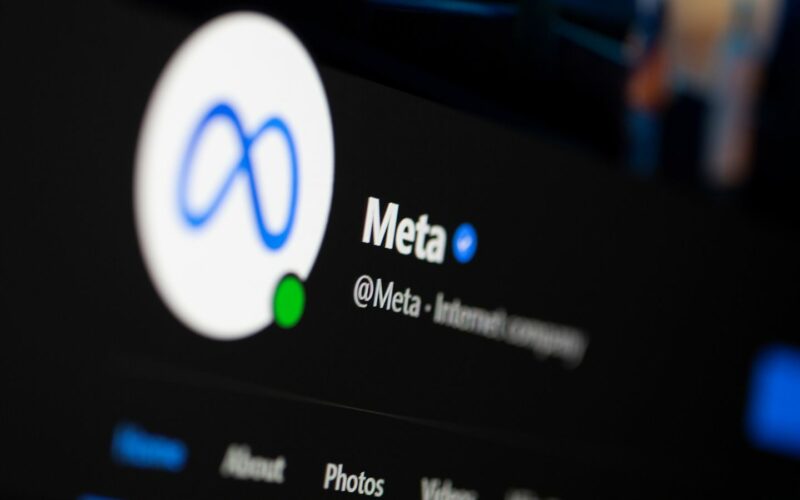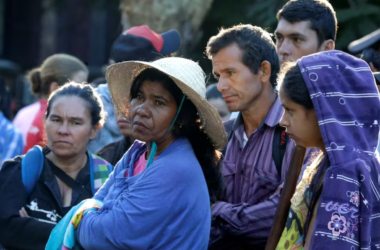An investigation by Al Jazeera has uncovered that some of India’s top spenders on social election ads are Facebook pages bought and sold in violation of Meta’s policies. In 2019, political consultant Tushar Giri encountered a veteran leader from Prime Minister Narendra Modi’s Bharatiya Janata Party (BJP) who had lost state legislature elections. To revive his political career, the leader’s team requested Giri to acquire “shadow Facebook pages” to influence public opinion.
Giri provided a Facebook page created by his firm that had previously promoted BJP’s majoritarian Hindu agenda, amassing nearly 800,000 followers. This page was later sold to a political defector who had joined the BJP, becoming a key platform for his campaign.
As India’s seven-phase election culminates on June 1, an Al Jazeera investigation, supported by studies from nonprofit human rights groups, reveals a flourishing black market for Facebook pages used to influence voters while evading Meta’s scrutiny of political advertising. Meta prohibits the sale or exchange of accounts and the use of false identities, but these rules are frequently violated.
India, Facebook’s largest market with over 314 million users, sees these surrogate pages as vital for political campaigns, especially during crises. Giri’s firm alone manages around 40 such pages ready for sale. The Tech Transparency Project, a U.S.-based watchdog, confirms the presence of this black market in India. Nearly half of the top 20 political ad spenders on Facebook in the last 90 days are surrogate pages run by anonymous organizations, according to Meta’s Ad Library review by Al Jazeera.
These surrogate pages help campaigns circumvent Meta’s review process, which requires government-issued IDs and local verification for political ads. By buying pre-verified pages, campaigns avoid these checks. Prateek Waghre from the Internet Freedom Foundation notes that while content moderation remains a separate issue, tech companies are profiting from these ads.
Even Modi’s re-election campaign from Varanasi, which votes in the final phase, leverages surrogate pages to inject pro-Modi content subtly. Shubham Mishra, a BJP social media strategist, acknowledges that these pages prevent voter fatigue from constant political messaging. Modi’s team has relied on long-established third-party pages run by loyal private agencies.
Hamraj Singh, a political consultant, highlights that surrogate pages also help bypass campaign finance restrictions, allowing candidates to disown controversial posts and keep promotion costs off their expenses.
The black market spans across party lines, with opposition parties like Congress also using such pages, although BJP-aligned pages dominate. Recent studies have identified coordinated far-right networks exploiting this market to spread divisive narratives and misinformation.
In 2019, Facebook shut down numerous pages for “coordinated inauthentic behavior” linked to political parties, but the issue has only intensified. Ahead of the 2024 elections, researchers found far-right networks pushing content favoring the BJP, with significant engagement.
Testing Meta’s ad review process, civil society groups created AI-manipulated ads with disinformation and hate speech. Despite Meta’s policies, 14 out of 22 such ads were approved. Similarly, an investigation by Global Witness and Access Now found YouTube approving 48 disinformation ads, although they were withdrawn before publication.
Meta and Google, which owns YouTube, defended their processes, claiming that multiple review layers exist and that the problematic ads were removed before final checks. However, previous tests showed more stringent enforcement in other contexts, such as the US midterm elections.
Critics argue that tech companies prioritize revenue over election integrity, failing to uphold their commitments to prevent AI tools from disrupting democratic processes. Shruti Narayan from Access Now suggests that the issue is not ignorance but a lack of prioritization by these platforms.








